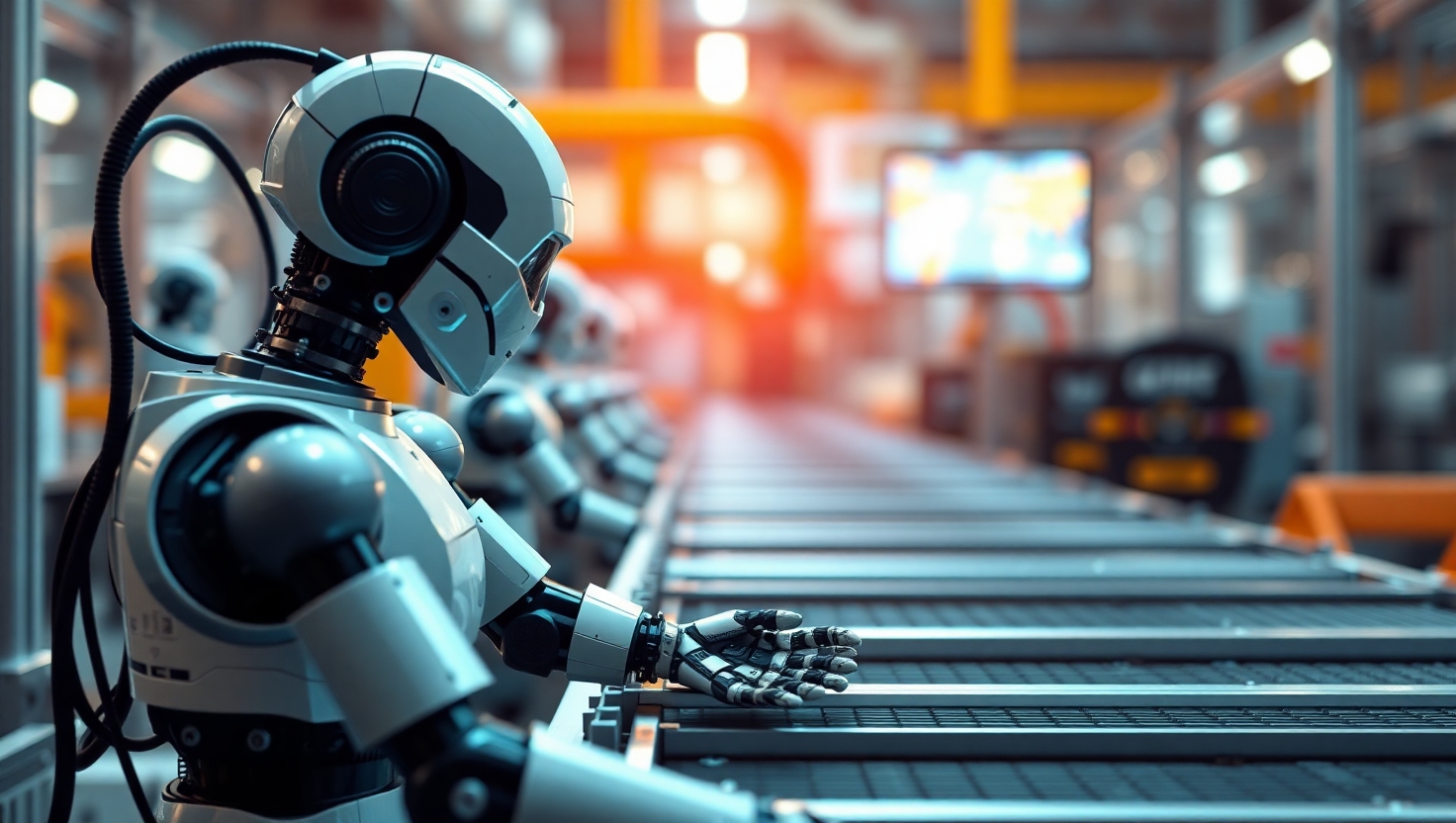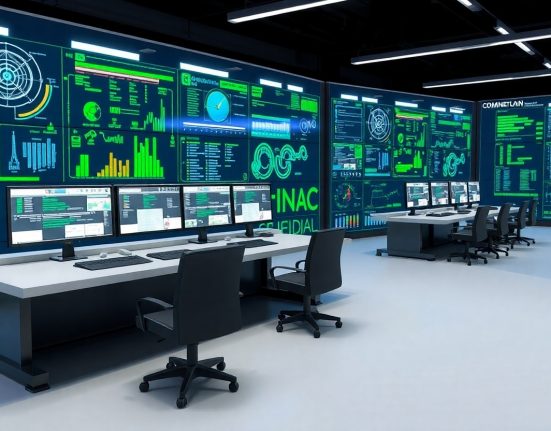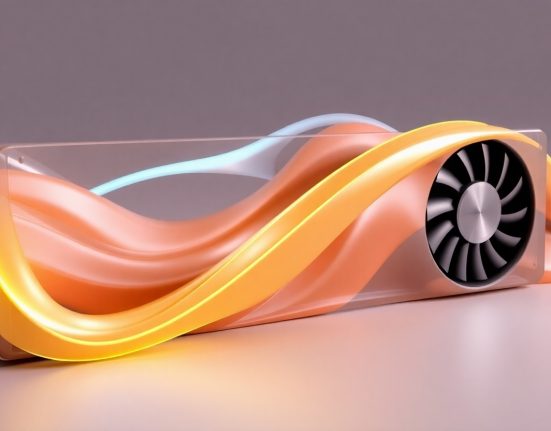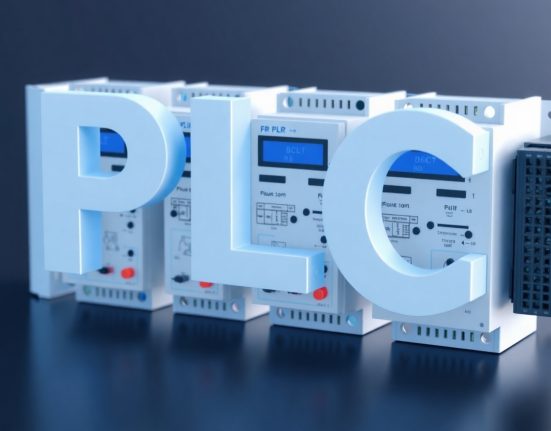As a tech enthusiast, I often find myself mesmerized by videos of industrial robots performing precise tasks at lightning speed. But in recent years, something even more exciting has been happening. Robots are no longer just following commands. They are starting to understand. To learn. To adapt. And this is happening thanks to the integration of artificial intelligence into the heart of production lines.
Imagine a factory that manufactures electronic components. In the past, assembling printed circuit boards was a fixed and rigid process. Any malfunction required a technician’s intervention or even a complete halt of the line. Today, with AI stepping in, robots can detect pattern anomalies by themselves, make small corrections in real time, and adjust to different products based on data gathered over time. This is no longer just about executing instructions. It’s a smart collaboration between machines and information.
The transformation does not stop at data analysis. Computer vision, machine learning, and even language processing all play a role. Robots are equipped with cameras that can spot microscopic scratches. The algorithm knows how to interpret the anomaly and respond accordingly. All this happens incredibly fast and without the need for human interruption. In practical terms, this means less waste, fewer errors, and a smoother flow of high-quality products.
What I find especially exciting is the level of flexibility AI brings to the table. In the past, a factory that specialized in one type of product found it difficult to reconfigure its line. Today, with AI systems that can quickly learn new patterns, a production line can be adapted overnight to meet changing market demands. Robots are no longer just tools. They are becoming real partners in the process.
And this is not science fiction. This is happening right now in advanced factories across the globe. Whether in the automotive, food, or electronics industries, it’s clear that the deeper AI integrates with robotic control, the smarter, more precise, and more efficient production becomes.
From my point of view, we are just at the beginning. As the technology continues to evolve and become more accessible, even small factories will be able to benefit from the massive advantages AI brings to robotic control. This is a shift in thinking that changes not only how we produce, but how we view machines altogether.














